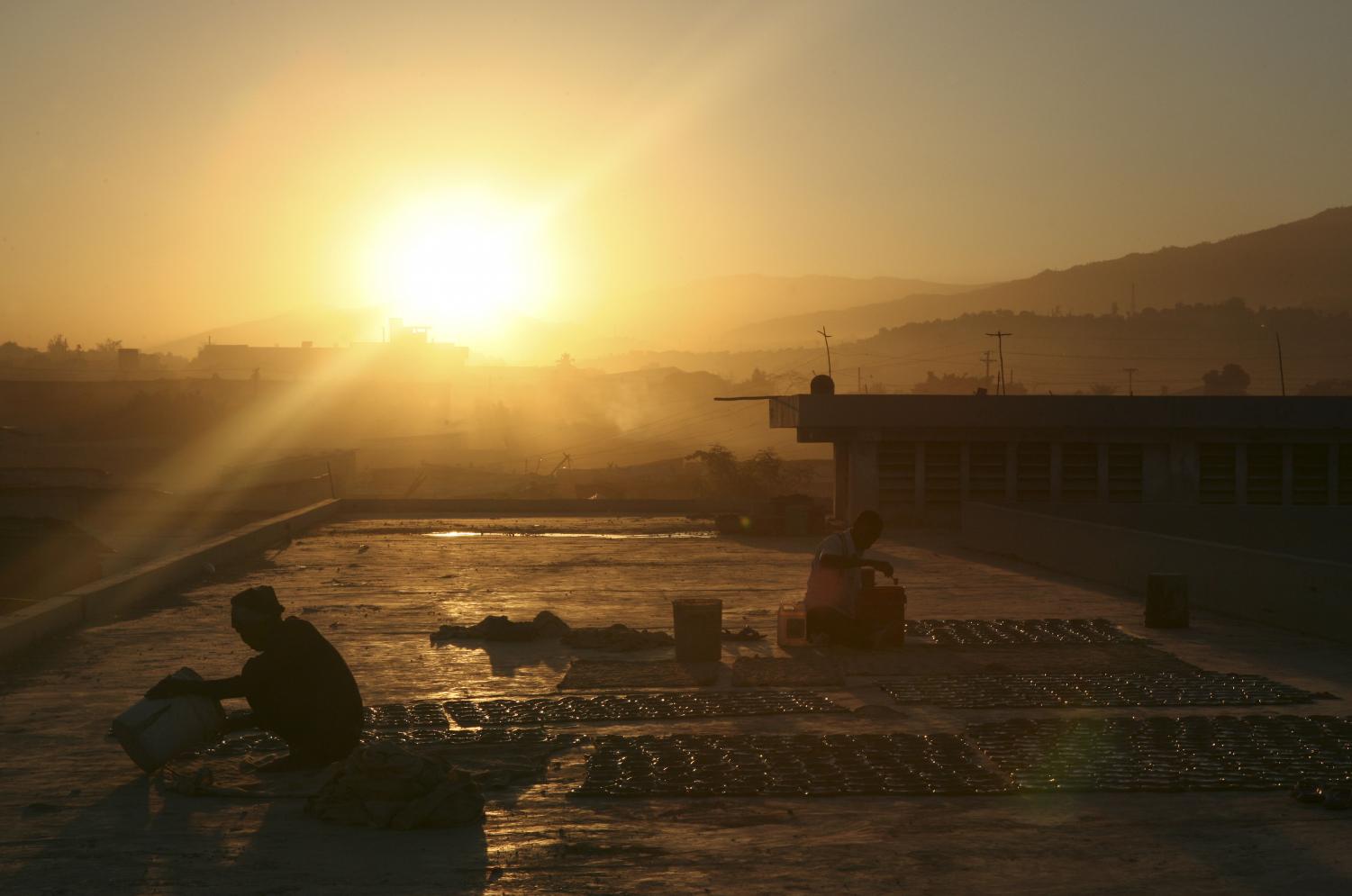Tapping into the competitive spirit and school rivalries that fuel some of the college experience, the ONE Campaign has discovered a new way to involve the younger generation in the fight to end poverty.
The ONE Campus Challenge, which began last year, invites colleges and universities to submit the actions they have taken to support the ONE Campaign on campus in exchange for points awarded according to a well-documented system.
In January, the top one hundred schools were given the opportunity to fly student representatives on an all-expenses paid trip to Washington, D.C. to participate in a world poverty conference headed up by the campaign. Phase three of the contest will award the top 10 schools with grants to fund their own poverty programs on campus, and at the end of the challenge, the top school will be given an unnamed grand prize.
Biola’s current ranking of 409 is bittersweet. On one hand, the ranking of 409 out of over 2,000 participating schools is impressive. However, to see Biola overshadowed by current rivals, such as Azusa (#336), Vanguard (#298), Cal State Fullerton (#228), Seattle Pacific (#164) and even Fuller Seminary (#319) is disappointing to some.
“We probably would have been in the top 100 schools had we reported everything we had done,” said sophomore Josh Penman, who is spearheading the ONE Campaign movement on campus through his work in the Social Justice Ministry.
Last year A.S. passed the resolution to make Biola’s campus a “ONE Campaign campus,” an act worth 20,000 points in the challenge and one that went unrecorded. According to the current standings, that alone would have been enough to catapult Biola into the top 100 schools.
The problem lies in the lack of directors to take charge of the campaign’s work on campus. Currently, Penman and sophomore Matt Gundlach, operations manager of the Social Justice Ministry, are the only ones working on improving Biola’s ranking, and their hands are full.
The contest, the bracelets, the shirts and the media efforts may draw college students in, but Gundlach stresses that the trendiness of being “socially aware” shouldn’t be the driving force behind joining the ONE Campaign either.
“Honestly, I don’t care about the campus challenge rankings,” said Gundlach. “What I care about is that Biola lives out its commitment to the poor.” Penman noted that a media-savvy campaign might be necessary to recruit a younger generation.
“I think it’s good with the way the culture is now. I feel like [the campaign] is harnessing our culture.”
With a campus that constantly shuffles its students out into the real world, combined with graduating seniors and admitting new freshmen, it may be difficult to maintain the growth of a movement against poverty on campus. It’s been more than a year since the A.S. resolution was passed, and the movement has remained relatively stagnant.
“My vision is that we would use our status as a ‘Student Body of ONE’ as a commitment to ending poverty, meaning that concrete steps must be taken,” Gundlach said. “The leadership that cast the vision handed it over to a new set of leaders this year knowing that if we did not intentionally build from it, it would fail.”
As of now, the ONE group is aiming towards recruiting more members through tables outside the Café and looking for members with leadership skills.







